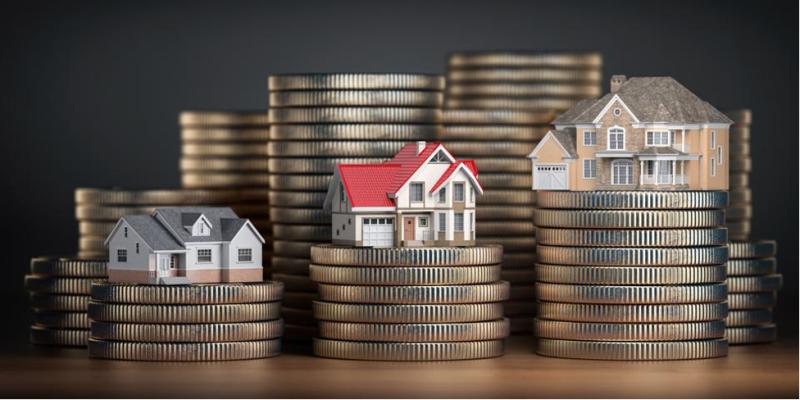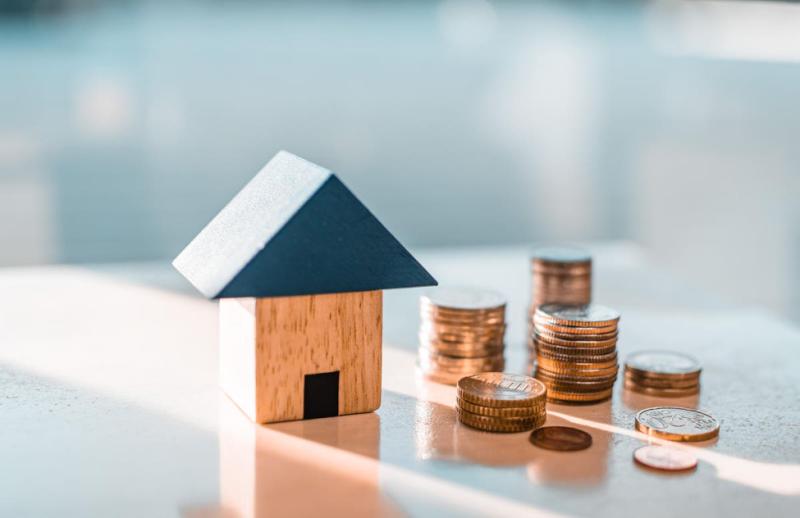Where to Start in Real Estate Investing - A Guide

Real estate is the ideal investment instrument for generating a passive income stream over the long term. Because of its low risk and low volatility, it's a fantastic investment choice for newbie investors.
We can all agree that, for a young investor, the prospect of investing in real estate is always fascinating. But if you want to move ahead financially and create your own wealth, you need to put in the time and effort to learn the ins and outs of real estate investing. Find out more here: https://www.entrepreneur.com/starting-a-business/6-effective-real-estate-investment-strategies/439883.
To help you avoid making expensive mistakes and more quickly reach your financial goals, we will give you a couple of tips for your first real estate investment.
Choosing your market

The local market is more crucial than knowing the national market when investing in real estate. The dynamics at play in your local real estate market will have the greatest impact on your acquisition and its ultimate success.
If you want to be successful in real estate investing, you should steer clear of extremely competitive markets. While local real estate investors may boast about their properties' growth in value or interest rate increases, buying at the peak of the market is risky business.
Due to the pursuit of economic rewards, real estate markets go through cycles, with each market being in a somewhat different stage of its housing cycle. You should look for expanding markets that have increasing sales and pricing, strong accessibility, low building costs, and high levels of capital investment.
When making investment decisions, it is important to keep the specifics of your target market in mind. The peak in housing demand typically occurs after the peak in new building, resulting in a temporary oversupply and reduced prices. As a rule, this trough in prices takes anywhere from one to three years to reach.
A property's position within the market is also crucial to its success as an investment. You should put your money into places that have a lot of people, are growing, and have all the basics nearby.
Start low
Seasoned investors would say that buying a property is similar to buying a dividend stock. The price at which you purchased the property will determine the rate of return on your investment.
However, ROI is an important consideration. A small, run-down home in a dangerous area can be purchased for a steal, but it won't bring in much in the way of rent or equity growth.
So, if you’re wondering where to start when it comes to investing in real estate, start with a smaller investment first!
Dive into the hidden market
What do we mean by that?
Ideally, you want to buy real estate from a distressed seller so you can get a great deal on it. Don't bother with foreclosure auctions; yes, you can find certain deals, but the homes usually need a lot of work.
Our advice to you is to look for homes being sold by distressed sellers who haven't yet listed their properties. Divorcing couples or bereaved families looking to sell their loved one's home are good sellers because they are motivated only by financial means and will likely provide a clean, well-kept property.
Learn about the upfront costs
Real estate investing is an industry where knowing your costs upfront is a MUST! Investing isn’t just about the cost of the property, or the commissions realtors receive. You will have to fork over cash to fix things like a damaged foundation, faulty wiring, and pest infestations, and many first-time real estate investors grossly underestimate these expenses.
Do not expect a weekend of painting the walls to fix everything. Unless you have experience conducting electrical and plumbing work to code, attempting a DIY project on someone else's property would likely decrease its value. Others lose money because they don't account for things like closing expenses, insurance, and utilities. Click on this page for more.
Understand the market
Knowing the market inside and out is crucial before making any real estate investments. An investment property's value can be estimated with the help of knowledge about the local real estate market.
Determine how much rent you may charge for a certain investment property based on the average price per square foot of homes in the area. A good idea is to make improvements to the house that will make it more appealing to other buyers.
For instance, in a neighborhood that caters to families, never restrict the number of bedrooms available.
You also should not make sacrifices like reducing the size of the master closet or bathroom to accommodate a hot tub that only a small percentage of the population will use. If there's minimal interest, there is no point in tearing up a perfectly good yard to install a pool.
Manage risks
Investing in real estate presents a number of risks that can be mitigated in various ways. First and foremost, avoid getting too far into debt. Put down no less than 10% on a rental property purchase.
A down payment of 20% is preferable because doing so typically results in a cheaper interest rate on the loan and the elimination of private mortgage insurance. Second, always keep a sizable emergency fund on hand. Having the capital to carry the property for a long time before it needs to move will lessen the chance of having to sell the property quickly at a loss.
Oh, and when the numbers don't add up, you should not risk losing money on a property. Be patient and wait for the right deal!
More to Read:
Previous Posts:











